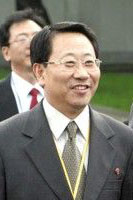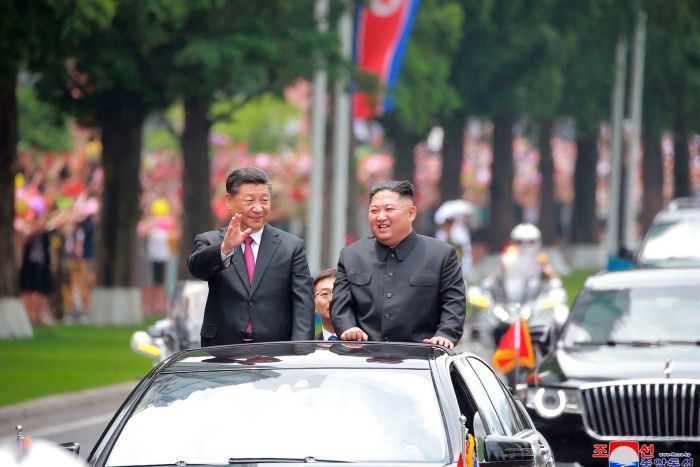North Korean defectors head back to school in the South to ‘re-educate’ themselves
North Korea claims a 100 per cent literacy rate and boasts that its free compulsory education indicates the superiority of its socialist system. But those who escape from the impoverished country often struggle in the South from a lack of basic knowledge.
One of the first things North Korean defector Ri Kwang-myong, 31, did after reaching the South was to go back to school – 12 years after finishing his education. Ri is among a handful of adult students at Wooridul School in Seoul, an educational haven for North Korean students too old, or lagging academically and so unable to go to appropriate state schools.
One of the most important subjects in the North Korean education curriculum is revolutionary studies, which focuses on the ruling Kim family. Lee Mi-yeon, a former kindergarten teacher in the North who fled in 2010, said: “The [Kim family] are taught as mythical, God-like figures who created the country and made grenades out of pine cones.”
And for many, education is also disrupted by grinding poverty or their long journey to freedom. Lee Song-hee, a 27-year-old student at Wooridul School, said that after only four months of junior school in the North she had to drop out to help her mother as they struggled to earn a living.
At the very least, once in South Korea re-education in culture, language, social studies and history is essential.
[South China Morning Post]

 Left: Former ambassador to Vietnam Kim Myong Gil
Left: Former ambassador to Vietnam Kim Myong Gil 